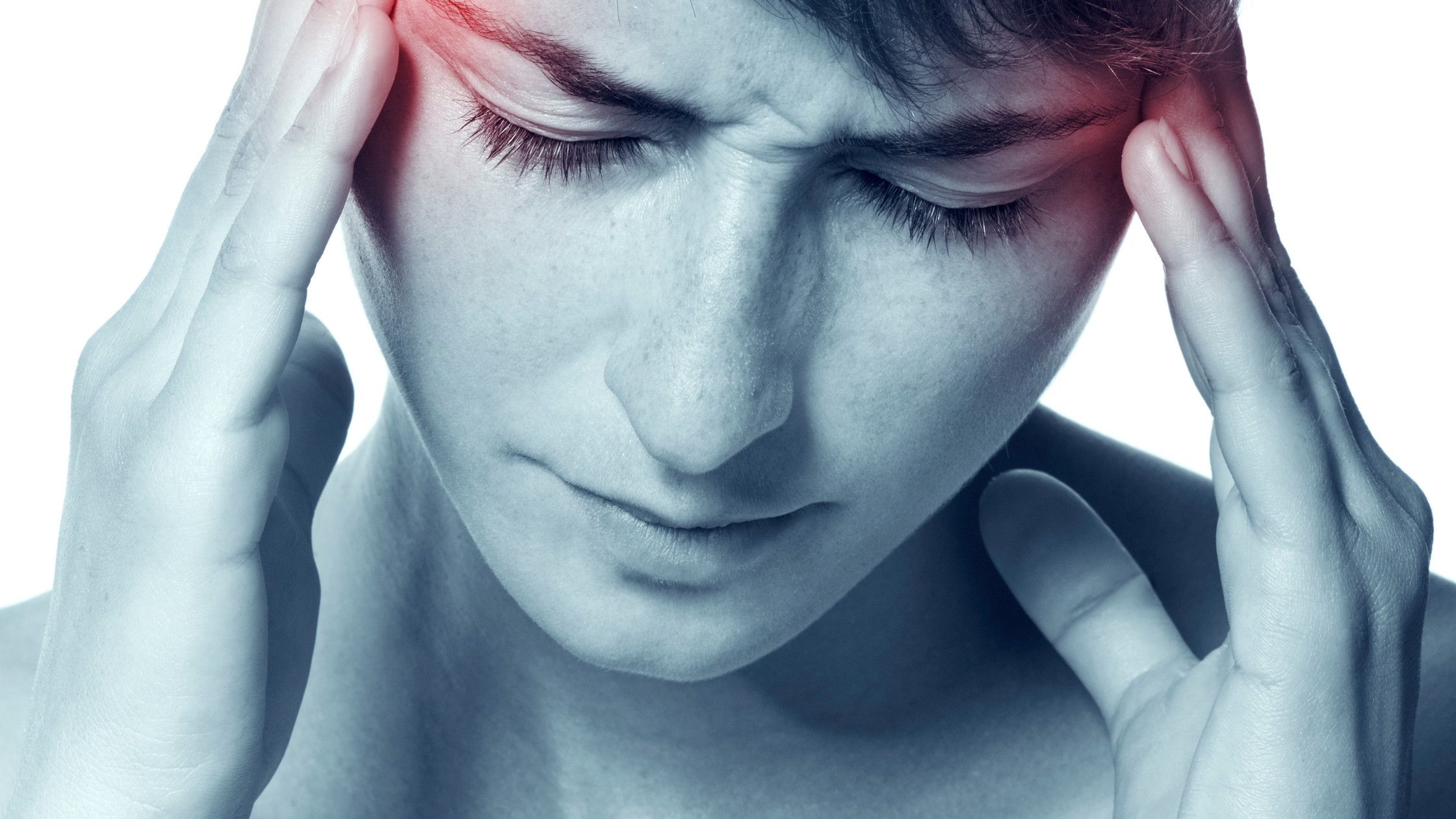
TREATMENT OF MIGRAINE
Migraine is a neurologic disorder that often causes a strong headache. Migraine is a primary headache disorder characterized by recurrent headaches that are moderate to severe. Typically, episodes affect one half of the head, are pulsating in nature, and last from a few hours to 3 days.Initial recommended treatment is with simple pain medication such as ibuprofen and paracetamol for the headache, medication for the nausea, and the avoidance of triggers.
Specific medications may be used in those for whom simple pain medications are not effective.
Migraine attacks can last for hours to days, and the pain can be so severe that it interferes with your daily activities.
MIGRAINES SYMPTOMS
Migraine typically presents with self-limited, recurrent severe headache associated with autonomic symptoms. A migraine lasting longer than 72 hours is termed status migraineurs. There are four possible phases to a migraine
- The prodrome, which occurs hours or days before the headache
- The aura, which immediately precedes the headache
- The pain phase, also known as headache phase
- The postdrome, the effects experienced following the end of a migraine attack
MIGRAINES CAUSES
Though migraine causes aren’t fully understood, genetics and environmental factors appear to play a role. Changes in the brainstem and its interactions with the trigeminal nerve, a major pain pathway, might be involved. So might imbalances in brain chemicals including serotonin, which helps regulate pain in your nervous system.
Migraine triggers:There are a number of migraine triggers, including:
- Hormonal changes in women. Fluctuations in estrogen, such as before or during menstrual periods, pregnancy and menopause, seem to trigger headaches in many women.
- Drinks. These include alcohol, especially wine, and too much caffeine, such as coffee. Stress. Stress at work or home can cause migraines.
- Sensory stimuli. Bright or flashing lights can induce migraines, as can loud sounds. Strong smells such as perfume, paint thinner, secondhand smoke and others trigger migraines in some people.
- Sleep changes. Missing sleep or getting too much sleep can trigger migraines in some people.
- Physical factors. Intense physical exertion, including sexual activity, might provoke migraines.
- Weather changes. A change of weather or barometric pressure can prompt a migraine.
- Medications. Oral contraceptives and vasodilators, such as nitroglycerin, can aggravate migraines.
- Foods. Aged cheeses and salty and processed foods might trigger migraines. So might skipping meals.
- Food additives. These include the sweetener aspartame and the preservative monosodium glutamate (MSG), found in many foods.
INVESTIGATION
Migraine treatment is aimed at stopping symptoms and preventing future attacks. Many medications have been designed to treat migraines. Medications used to combat migraines fall into two broad categories:
- Pain-relieving medications. Also known as acute or abortive treatment, these types of drugs are taken during migraine attacks and are designed to stop symptoms.
- Preventive medications. These types of drugs are taken regularly, often daily, to reduce the severity or frequency of migraines.
PREVENTION FOR NEUROVASCULAR CONDITIONS
Medications can help prevent frequent migraines. Your doctor might recommend preventive medications if you have frequent, long-lasting or severe headaches that don’t respond well to treatment.
- Blood pressure-lowering medications. Calcium channel blockers such as verapamil can be helpful in preventing migraines with aura.
- A tricyclic antidepressant can prevent migraines.
- Anti-seizure drugs. These medications are not recommended for pregnant women or women trying to get pregnant.
- Botox injections. Injections of onabotulinumtoxinA about every 12 weeks help prevent migraines in some adults.
- CGRP monoclonal antibodies. They’re given monthly or quarterly by injection. The most common side effect is a reaction at the injection site.